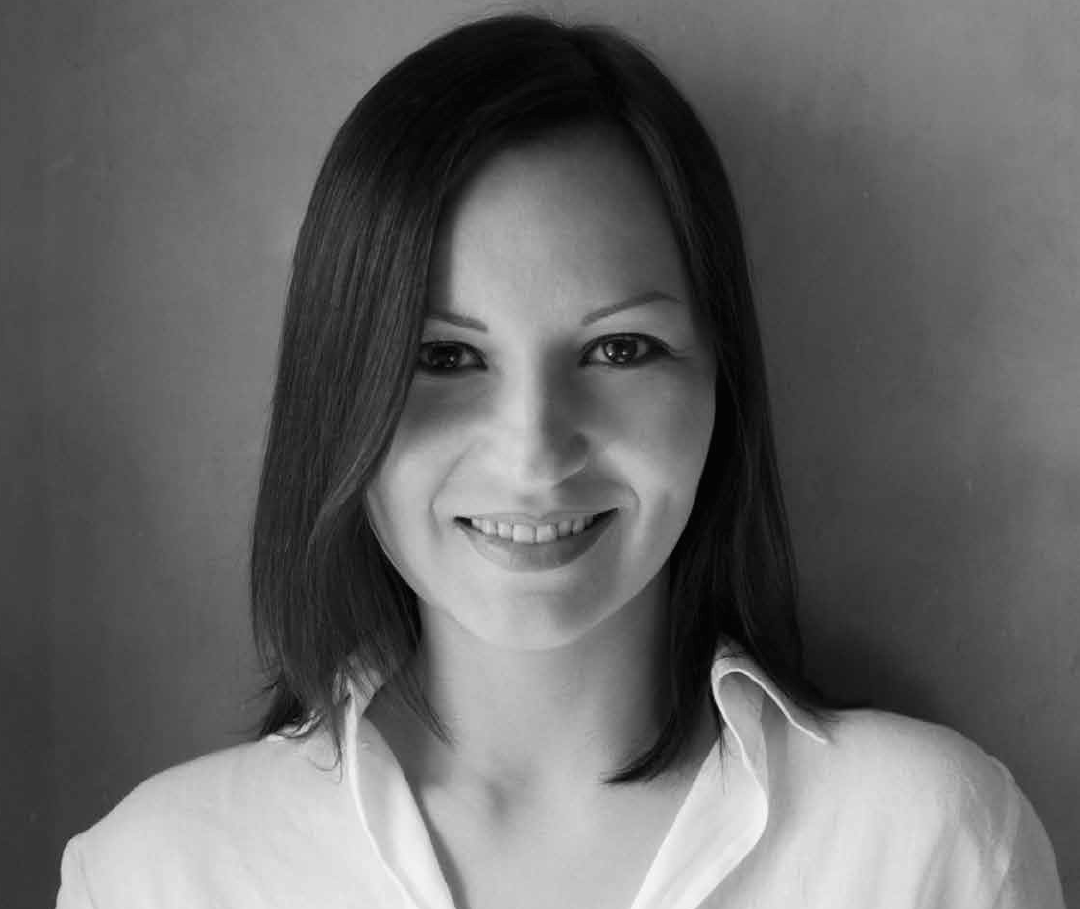Dato/tid
02.04.2018
20:00 – 22:00
Sted
KoncertKirken
EARLY MONDAY med Alina Rotaru (ro)
“Le clavecin sorcier” – works for harpsichord by Froberger, Kerll and Louis Couperin
Alina Rotaru studied piano and choral conducting at the music conservatory in her hometown Bucharest. After moving to Germany in 1999, she studied harpsichord with Siegbert Rampe and Wolfgang Kostujak in Duisburg, Carsten Lohff and Detlef Bratschke in Bremen and Bob van Asperen in Amsterdam.
As a soloist she performed so far in most European countries, as well as in Japan, USA, and South America. She teaches at the University of the Arts in Bremen (Germany).
Her solo recordings with harpsichord works by J. P. Sweelinck, J. J. Froberger, and English virginalists have earned excellent reviews in the music press which has placed her into the list of the most illustrious harpsichordists of the newer generation.
Alina Rotaru is currently living in Vilnius, Lithuania. Together with viol player Darius Stabinskas she founded ensemble Morgaine, which launched their debut in 2016.
Her present discography:
„G. Ph. Telemann | Triosonaten, Kantaten“ Ensemble LUXURIANS, dir. Alina Rotaru (Kamprad Verlag 2009)
„Fortune my Foe | Harpsichord works by J. P. Sweelinck” Alina Rotaru, harpsichord (Carpe Diem Records 2010)
„Sono amante. Kantaten & Kammermusik von G.B. und A.M. Bononcini“ Ulrike Hofbauer, Ensemble La Ninfea (Bella Musica 2011)
„FROBERGER Suites & Toccatas“ Alina Rotaru, harpsichord (Carpe Diem Records 2012)
“Le Masque de Fer” Ensemble La Ninfea (Raumklang Records 2014)
“PARTHENIA” Alina Rotaru, harpsichord (Sono Luminus 2016)
Le clavecin sorcier
Works for harpsichord by Froberger, Kerll and Louis Couperin
Johann Jacob Froberger (1616–1667) and Johann Caspar Kerll (1627–1693) both adopted the cosmopolitan outlook of many seventeenth-century German composers, and spent a significant part of their lives studying and working abroad. Beyond their cosmopolitanism, their lives also display some remarkable parallels: both converted from Protestantism to Catholicism, studied in Rome, and worked at some time in Vienna and Brussels; additionally, both may have studied with Frescobaldi (Froberger certainly did), there is speculation Kerll may have studied with Froberger in Rome around 1648–1649, and both wrote keyboard music in the same genres.
The striking similarities between Froberger’s musical style and that of his significantly younger colleague Louis Couperin (1650–1651) leads to the belief that Froberger influenced Couperin’s music greatly, and that they most probably met during Froberger’s residence in Paris. Louis Couperin’s life was short and his music was not discovered until the 20th Century, but his influence to the French harpsichord and organ music was crucial. All these three composers whose lives we know so little of, extended the means of expression of the keyboard music and the musical language of a profound and ripe Melancholia to limits unreached before. With their deaths, music moved away from this direction and this chapter was closed forever.
PROGRAM:
Johann Caspar Kerll (1627-1693)
Passacaglia
Johann Jacob Froberger (1616-1667)
Suite II: Allemande – Gigue – Courante – Sarabande
Marco lo Muscio (b. 1971)
Ricercare cromatico ‘’Orvieto Cathedral’’ 2016
J. C Kerll
Ricercata in cylindrum phonotacticum transferenda
Marco lo Muscio
Ricercare “The Cathedral of Pienza”, 2015
J. J. Froberger
Toccata II
Louis Couperin (1626-1661)
Prelude – Allemande – Courante – Sarabande – Chaconne
J. C. Kerll
Toccata seconda
Johann Jacob Froberger
Suite XII: Lamento sopra la dolorosa Perdita della real Maesta di Fernando IV Ré di Romani – Gigue – Courante – Sarabande
. . . . .
Entré: 80 dkk / stud: 50 dkk.
EARLY MONDAY støttes af Statens Kunstfond, Københavns Kommune, Knud Højgaards Fond, Agustinus Fonden.

